The first British Prime Minister to ever address a Gulf Cooperation Council summit, Theresa May, pledged on Wednesday in the Bahraini capital, Manama, to enhance security and defense cooperation with the alliance. “Gulf security is our security. I want to assure you that I am clear-eyed about the threat that Iran poses to the Gulf and to the wider Middle East,” she said while underscoring that Britain and the GCC must “work together to push back against Iran’s aggressive regional actions, whether in Lebanon, Iraq, Yemen, Syria or in the Gulf itself.”
The British Prime Minister, who also became the first woman to ever address a GCC summit, also used the opportunity to outline her vision for what she described as a bold “strategic relationship… based on true partnership and an enduring commitment between our countries and our peoples.” While May praised the “rich history” between Britain and the Gulf, dating back to the mid-17th century, her landmark address was informed by London’s quest to establish permanent military bases in the region.
British Support for Bahrain
Early 2011, Britain reemerged as a key Western ally of the Kingdom during a sensitive time. That year US President Barack Obama’s approach in the region sent an unmistakable message to the GCC: the Gulf governments could no longer rely on Washington as their principal ally. The US-GCC relationship deteriorated further at the time over the Obama-administration’s decision to halt defense sales to Bahrain.
Britain, however, took a different approach by choosing to move ahead with an arms deal, which included crowd control equipment, guns, and ammunition worth over $1.26 mln. This, coupled with Britain’s steadfast diplomatic support for the Kingdom, led to the establishment of the first British naval base east of the Suez canal since 1971. Once the construction of the HMS Juffair has been completed, which is expected to be in mid-2017, it will be able to host the Queen Elizabeth class and Type 45 destroyers as well as frigates and minehunters.
Ties To Oman
Britain’s increasing defense posture towards the GCC, however, is not limited to Bahrain but also establishing a presence in other places. The British government has indicated that there will be a permanent Royal Navy presence at a Omani port which will be used by the two Queen Elizabeth-class aircraft carriers, as well as other naval vessels.
By establishing naval presences in the region, Britain will once again serve as a stabilizing actor in a region plagued with turmoil and instability. Britain, along with the US and their GCC allies, will thus be better positioned to contain Iran’s quest for regional hegemony while at the same time maintain the necessary military posture to more effectively target extremist groups. “No country is a more committed partner” for the Gulf states than Britain in “confronting the terrorism of Al-Qaeda or the murderous barbarity of Daesh,” the Prime Minister concluded in landmark address to the 37th GCC Summit referring to ISIS by the Arabic acronym.
This article was originally published by Al Arabiya.
The views represented herein are the author's or speaker's own and do not necessarily reflect the views of AGSI, its staff, or its board of directors.

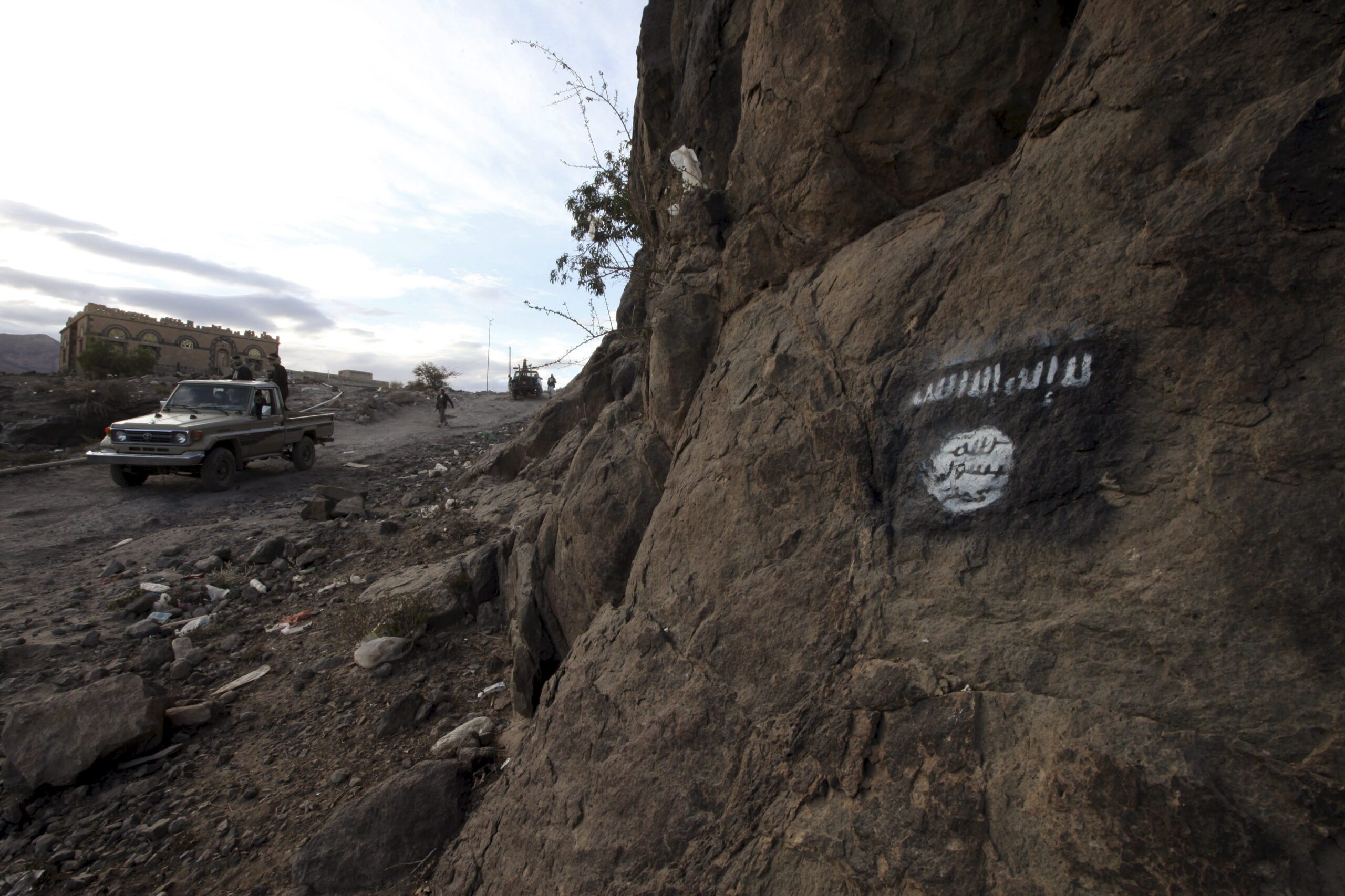

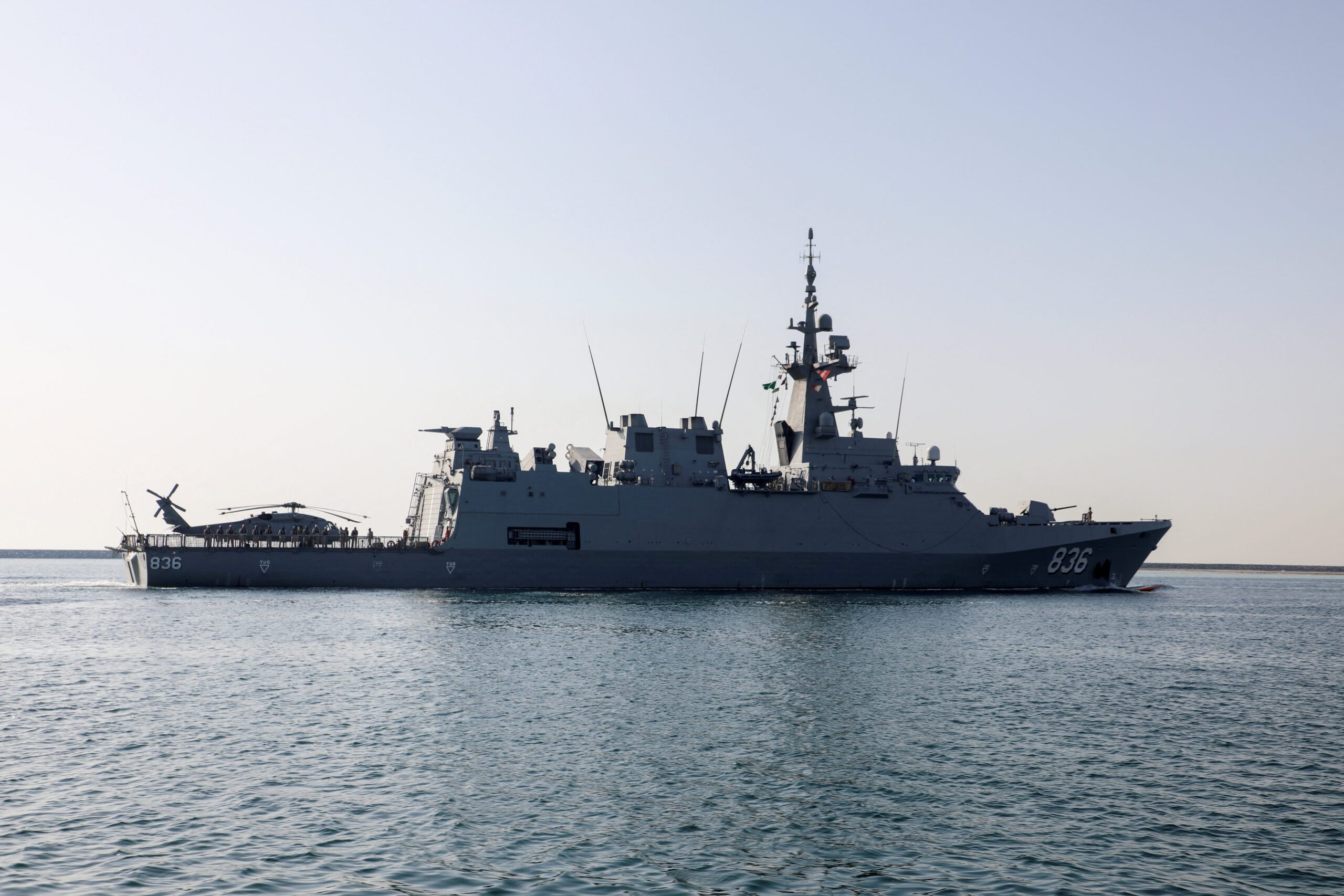



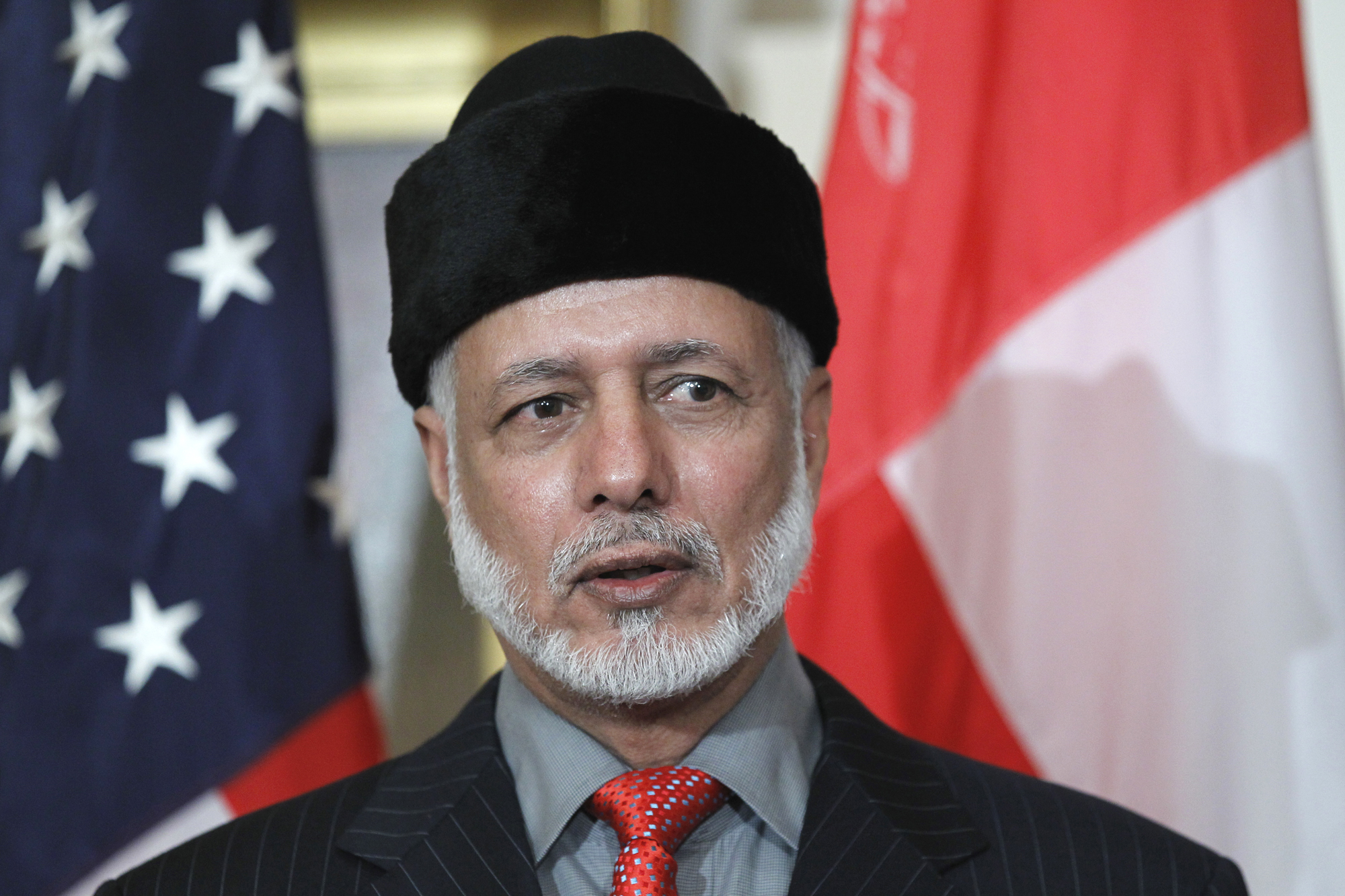
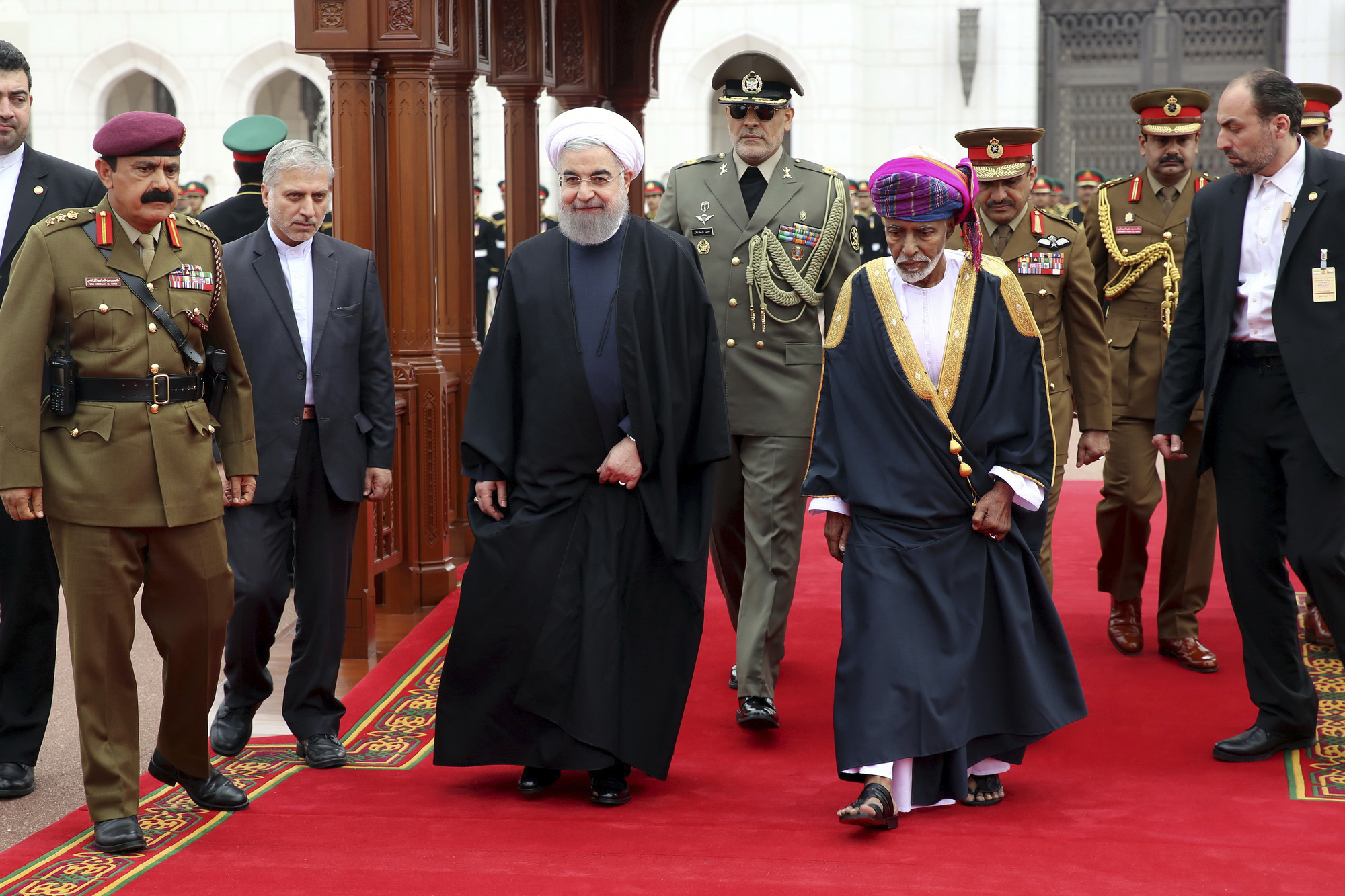
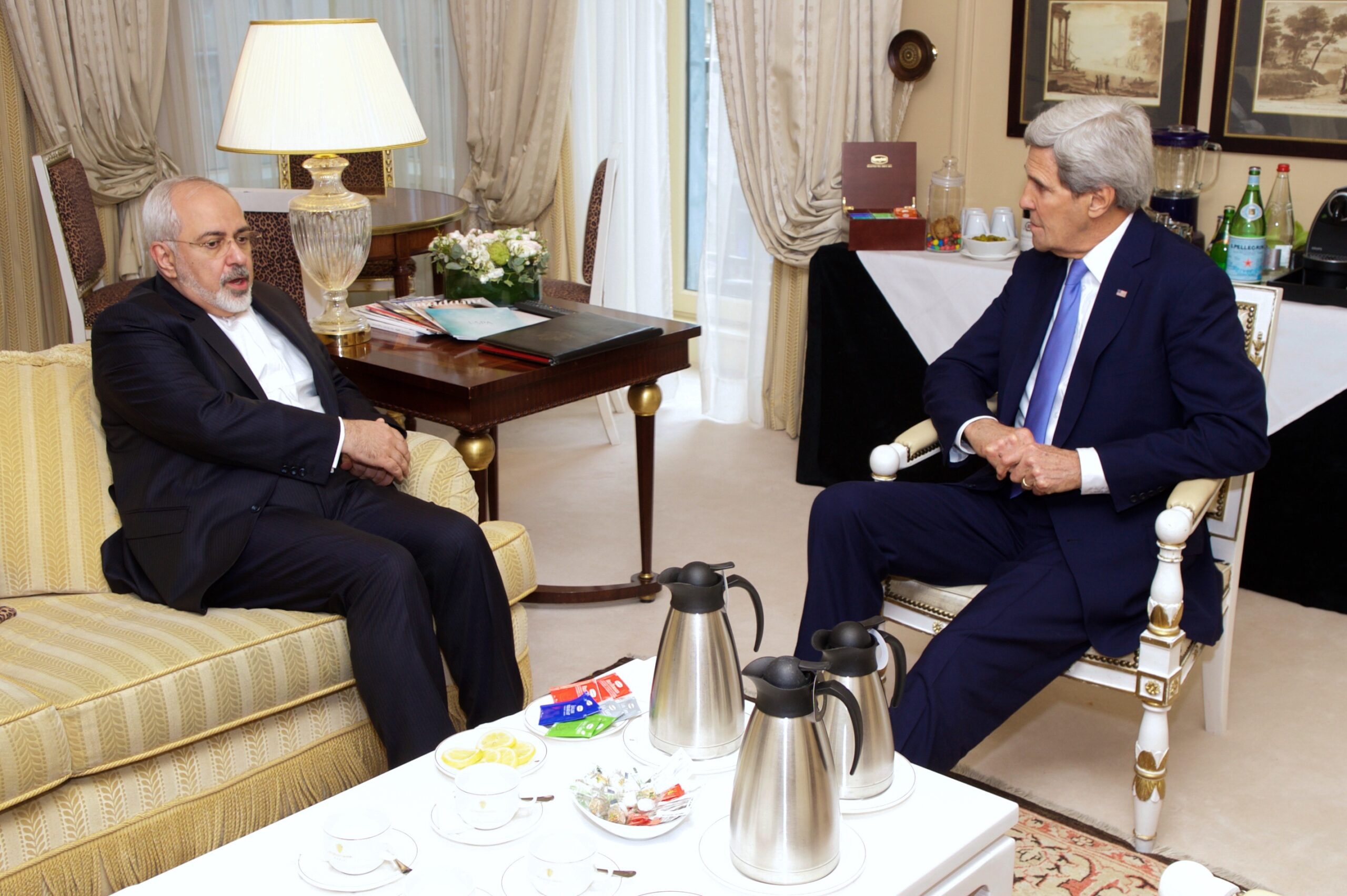

Dec 8, 2016
Britain Seeks to Boost Defense Cooperation with GCC
The first British Prime Minister to ever address a Gulf Cooperation Council summit, Theresa May, pledged on Wednesday in the Bahraini capital, Manama, to enhance security and defense cooperation with the alliance. “Gulf security is our security. I want to assure you that I am clear-eyed about the threat that Iran poses to the Gulf...
3 min read